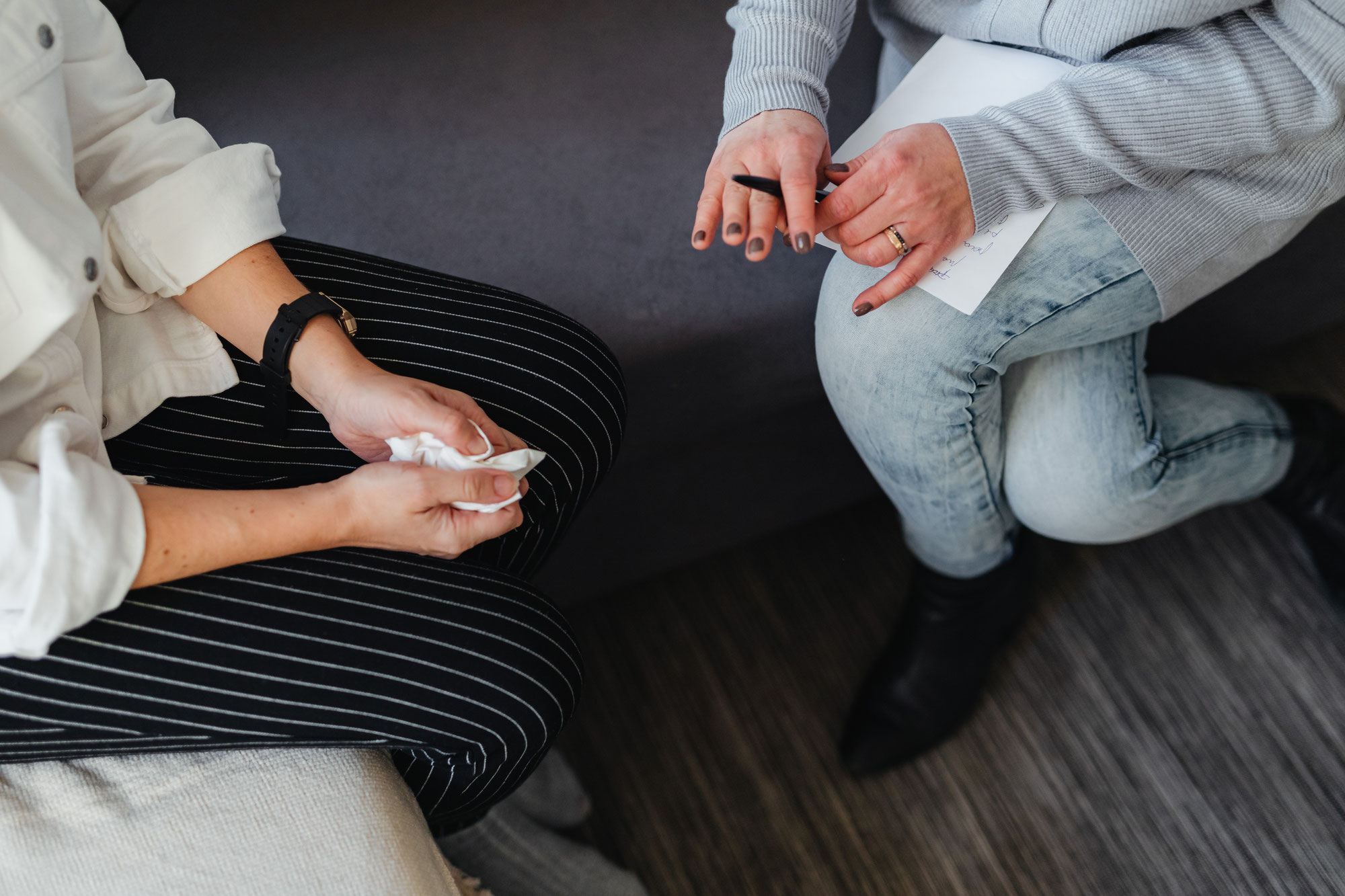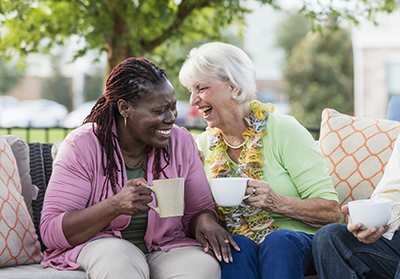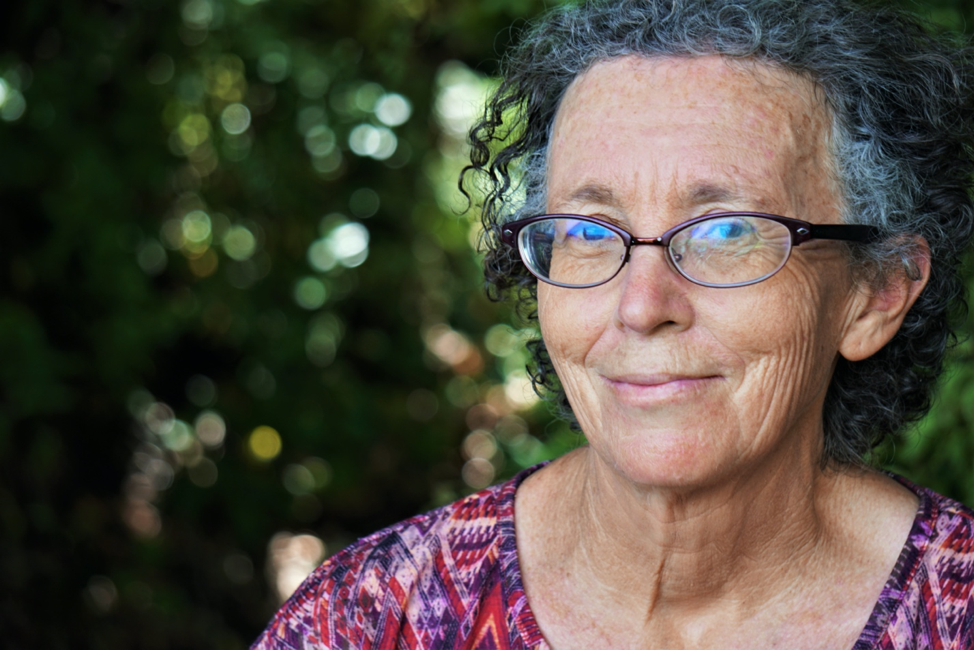Giving & Volunteering · July 15, 2024
There are at least three subjects that stir an appreciable passion in Leah and Gary Smith. The first is mental health. The second is giving back to the community. And the third is Jewish Family Service of Cincinnati (JFS). So it was only fitting when the Smiths chose to make a significant donation to JFS—providing them with naming rights for the agency’s counseling center waiting room. This waiting room serves a full spectrum of JFS’s mental health clients, from youth and teens to older adults.
Counseling & Mental Health · September 20, 2023
Over the past three decades, Leah Marcus, Director of Youth Mental Health Services at Jewish Family Service (JFS), has lost ten high school classmates to suicide or overdose. These tragic deaths underscore a disturbing reality that is increasing dramatically in the United States: death by suicide. According to the Center for Disease Control and Prevention (CDC), in 2021, 49,500 people took their own lives—the highest number the CDC has recorded.
Giving & Volunteering · July 29, 2022
A vibrant community can support people through tough times, mitigate dangers, and enable more prosperous futures for those who live in it. Thus, the question we all should think about asking is, “How can I strengthen my community?”
Counseling & Mental Health · July 26, 2022
Excellent health, including mental wellness, is perhaps the most important asset a person can have. Unfortunately, it’s estimated that nearly 53 million Americans live with a mental illness. The good news is that community organizations and NGOs are stepping up to help those in need.
Counseling & Mental Health · August 09, 2021
From modern-day stressors, like social media, 24/7 texting, and constant location tracking—to more traditional ones, like homework, family turmoil, and bullying—today’s youth are living with a volatile mixture of societal pressures. And though the human psyche is equipped to handle enormous stress, when these pressures are intense, incessant, or novel (think coronavirus), they can increase one’s risk for mental health disorders.
Older Adult Services · March 15, 2021
Isolation is as bad for you as smoking 15 cigarettes a day. Lonely people are 50 percent more likely to die earlier than those with healthy social relationships. Data from the Health Resources & Services Administration shows more than 3.4 million people struggle with social isolation, loneliness, and living alone—and that was before the onset of COVID-19. More recent numbers show loneliness and social isolation have increased 20 to 30 percent, and emotional distress has tripled during COVID.
Holocaust Survivors · February 05, 2021
“Holocaust survivors are our teachers and our heroes,” said Mark Wilf, the chair of The Jewish Federations of North America’s (JFNA) board of trustees. “With inspiring strength and conviction, they teach us about the past. Now, they are teaching us how to better serve all older adults who have survived trauma.”
JFNA’s Center on Aging and Trauma, a project of the Holocaust Survivor Initiative, has just awarded Jewish Family Service a one-year, $66,666 grant.
Counseling & Mental Health · December 18, 2020
“It was one of my worst times,” says Gloria (identities changed for privacy). The interview takes place in the dining room of her small, freestanding home. There are signs of love all around—lots of green plants in the windows—but dust piles on the flat surfaces, and the curtains are faded. We are talking about when she finally fought free from addiction to pain medicine. (This interview occurred pre-COVID-19; at the end we share how Gloria is faring during the pandemic.)
Education & Learning · September 18, 2020
COVID-19 has changed nearly every aspect of our lives, and for some of the people in our community, those changes could be deadly. That’s why Jewish Family Service (JFS) quickly transitioned most programming online to continue its mission.
JFS is committed to strengthening people’s lives in times of need, as well as supporting senior community members.
Russian Jewish Culture · September 09, 2020
“In terms of who may be in need of our help, we have seen COVID-19 affecting people across our community,” said Jewish Family Service CEO Liz Vogel. “There are so many people who have been impacted who do not know where to go for help.” According to the 2019 Cincinnati Jewish Community Study, 28 percent of Jewish households have insufficient savings for three months to cover unexpected or emergency expenses. “At Jewish Family Service, we want to make sure those who don’t have that...










